A fresh wave of Iranian ballistic missile strikes slammed into Tel Aviv and Haifa early this morning, killing at least eight people and injuring dozens, just hours after Israeli warplanes bombed strategic targets across Tehran. As dawn broke, the increasingly brutal conflict between Israel and Iran was pushing the Middle East towards a wider conflagration.
The rapid escalation began last Friday, when Israel unleashed devastating air strikes on Iran’s nuclear and military infrastructure, including the heavily fortified Natanz and Fordow enrichment sites. More than 220 Iranians, among them women and children, have died since hostilities erupted, with another 75 injured in just the latest attacks.
On Sunday, Iran retaliated fiercely, firing some 350 missiles at Israeli cities, bringing the total killed in Israel since Friday to at least 24, with many victims reportedly unable to reach bomb shelters in time. Israel’s Home Front Command warned that each Iranian barrage now includes between 30 and 60 missiles.
The spiralling violence has led to urgent calls from the international community for both sides to step back from the brink. Yet neither side seems ready to relent, raising fears that the conflict may yet expand dramatically.
Yesterday, a missile struck dangerously close to the United States embassy in Tel Aviv, damaging the facility and sharply raising the stakes. The Pentagon expressed deep concern but refrained from immediate military response, wary of dragging the US deeper into another Middle Eastern war.
“Direct US involvement could unleash uncontrollable regional escalation, targeting vital Gulf infrastructure and US bases,” warned Andreas Krieg, an associate professor in security studies at King’s College London. Such an escalation, Krieg noted, would profoundly undermine President Trump’s ‘America First’ policy, yet diplomatic solutions remain elusive.
Israeli officials insist they have achieved “full air supremacy” over Tehran, destroying approximately 30 percent of Iran’s missile launchers in targeted operations. Brigadier-General Effie Defrin stated bluntly on Israeli television that more than 120 Iranian surface-to-surface missile launchers have been obliterated by Israeli jets.
Yet, on the streets of Tehran, anger is mounting. Israeli air raids, including an attack on Farabi Hospital in Kermanshah, have triggered fury across Iran. At least 45 women and children have been killed in recent strikes, prompting Iranian government spokesperson Fatemeh Mohajerani to denounce Israel’s claim of targeting only military sites as “false and brutal.”
Iran’s judicial authorities have vowed swift action against anyone suspected of collaborating with Israeli intelligence. Yesterday, Iran executed Ismail Fikri, accused of passing sensitive information to Mossad, signalling Tehran’s intention to crack down ruthlessly on internal dissent.
At the diplomatic level, tensions exploded yesterday at the Paris Air Show. Organisers abruptly banned several major Israeli arms manufacturers, including Rafael and Elbit Systems, from displaying their wares, condemning their “offensive weapons.” The decision provoked outrage from Israeli officials, who branded the ban “unprecedented and outrageous.”
Meanwhile, Gaza’s humanitarian crisis continues to deteriorate, caught between the hammer of Israel’s ongoing attacks and Iran-backed Hamas’s resistance. At least 55,432 Palestinians have died since October 2023, with thousands more wounded. Just yesterday, Israeli forces shot dead 20 Palestinians awaiting food aid, further deepening the humanitarian emergency gripping Gaza.
Amid global fears that the conflict could tip into nuclear catastrophe, the International Atomic Energy Agency (IAEA) scrambled to assess damage to Iranian nuclear facilities. IAEA director Rafael Grossi confirmed that despite severe damage to surface buildings at Natanz and Isfahan, underground enrichment halls appeared intact and radiation levels remained stable. However, Grossi warned starkly of “massive compromises” to nuclear safety if hostilities continue.
In Tehran, President Masoud Pezeshkian called for national unity amid Israel’s assaults, as Iranians braced for more attacks. Yet Israel’s Defence Minister, Israel Katz, defiantly warned Tehran’s citizens they would “pay the price” for Iranian missiles raining down on Israel, even though he later clarified there was no intention to deliberately target civilians.
As missile alarms sound across Israel and Iran, the fear grows that both countries, locked in deadly combat, are sliding inexorably toward a wider regional war. In Washington, Europe and across the Middle East, leaders watch anxiously, knowing that the smallest misstep could ignite an inferno with consequences far beyond the battered cities of Tel Aviv and Tehran.
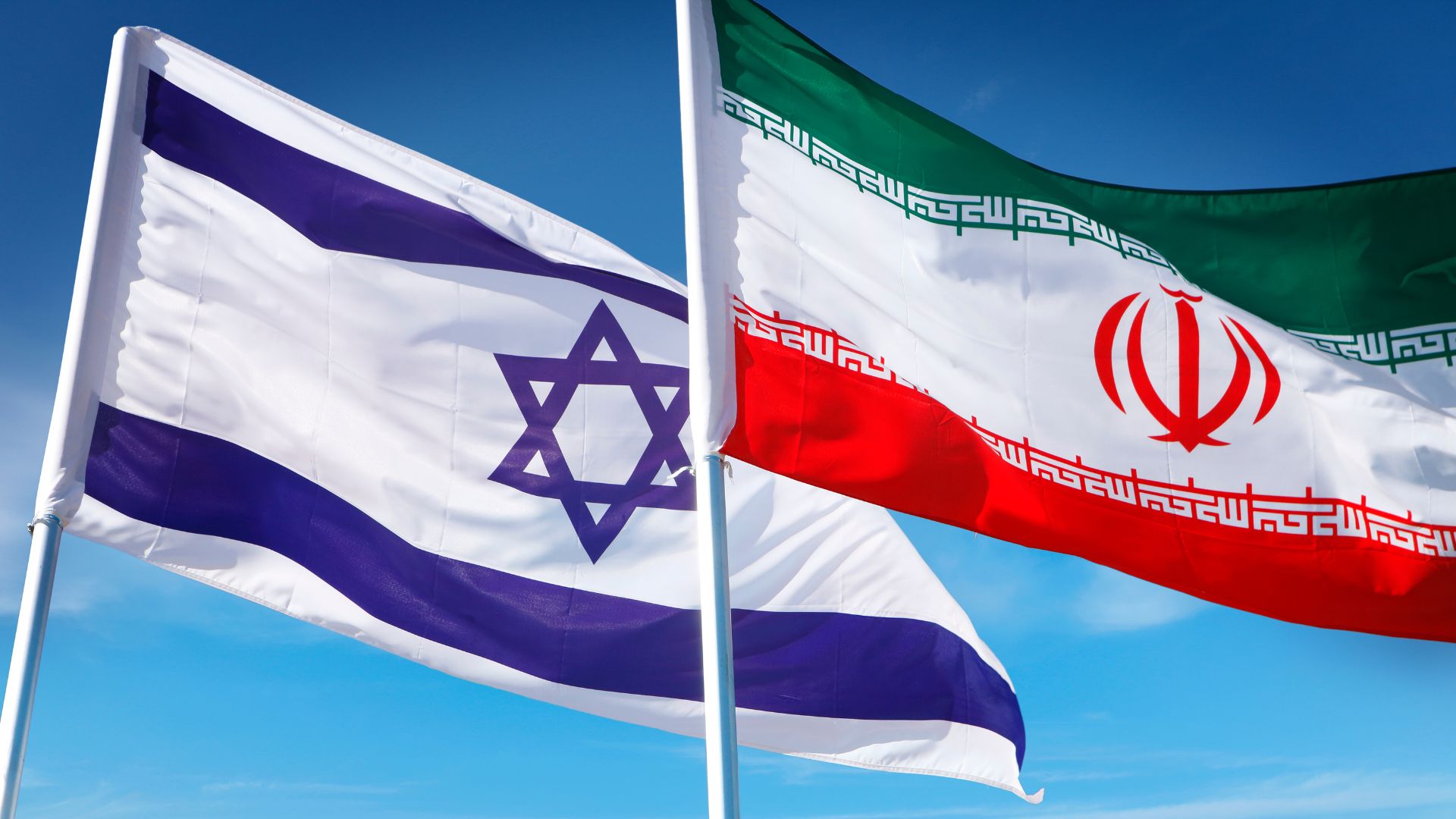
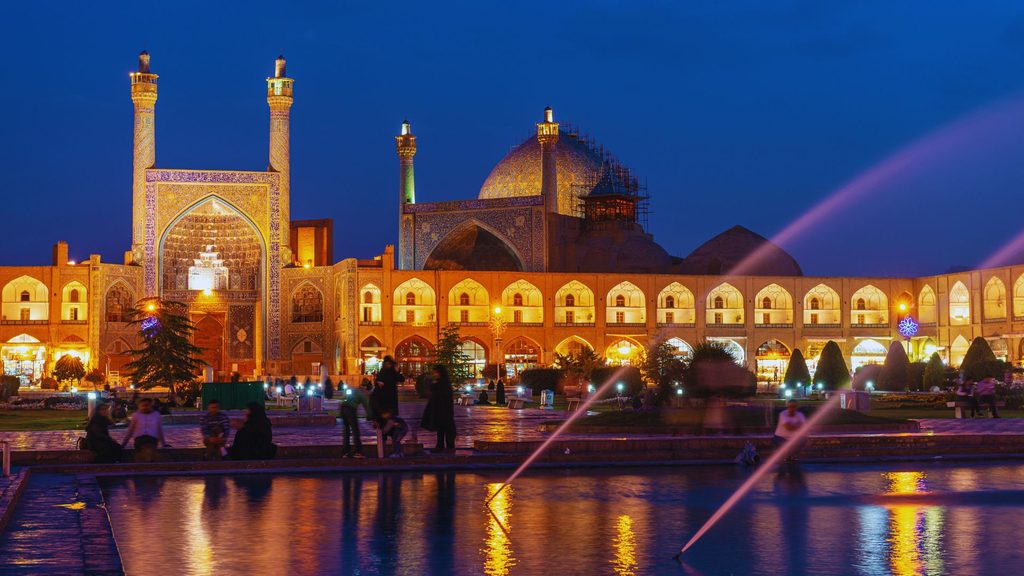

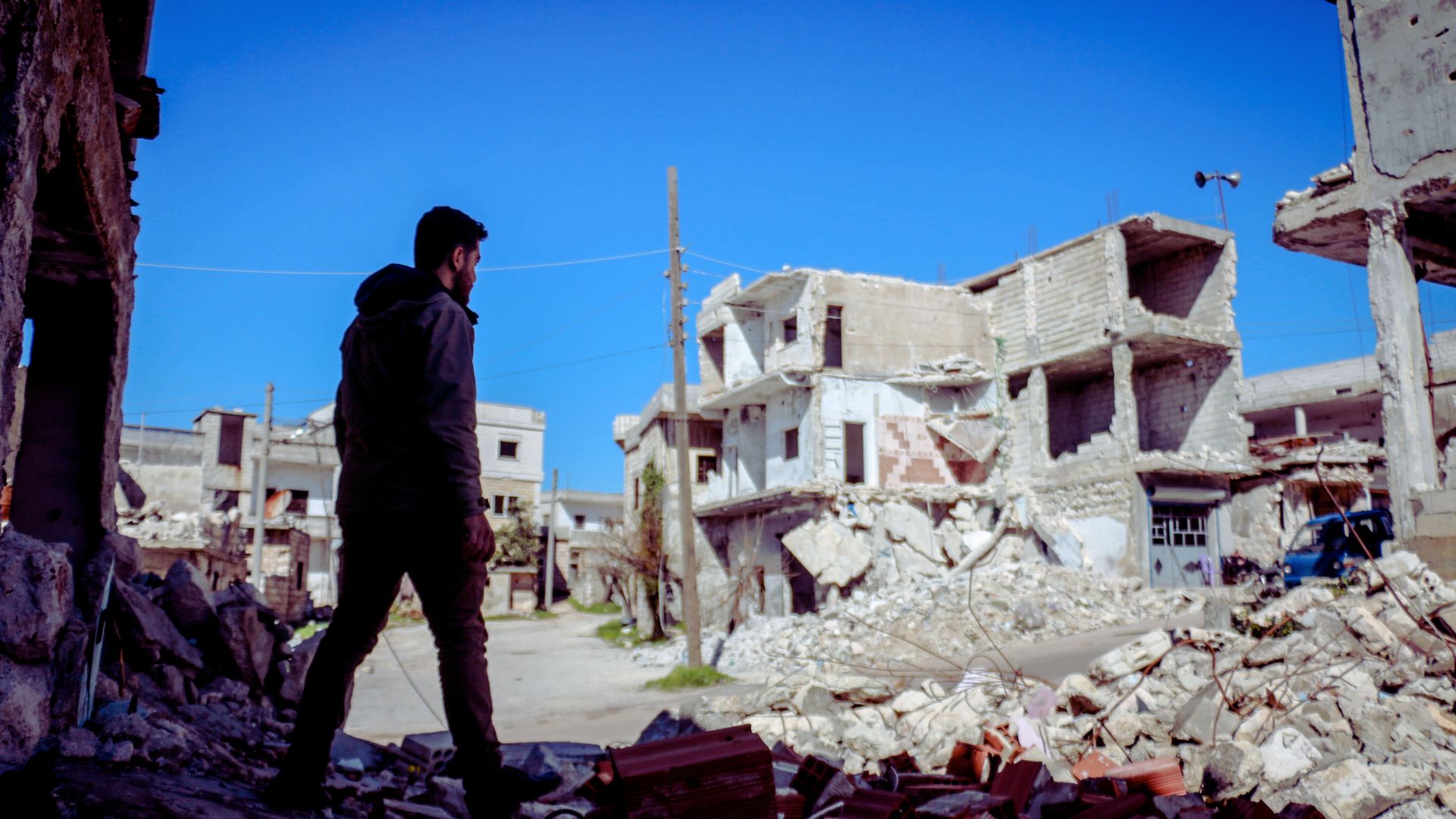
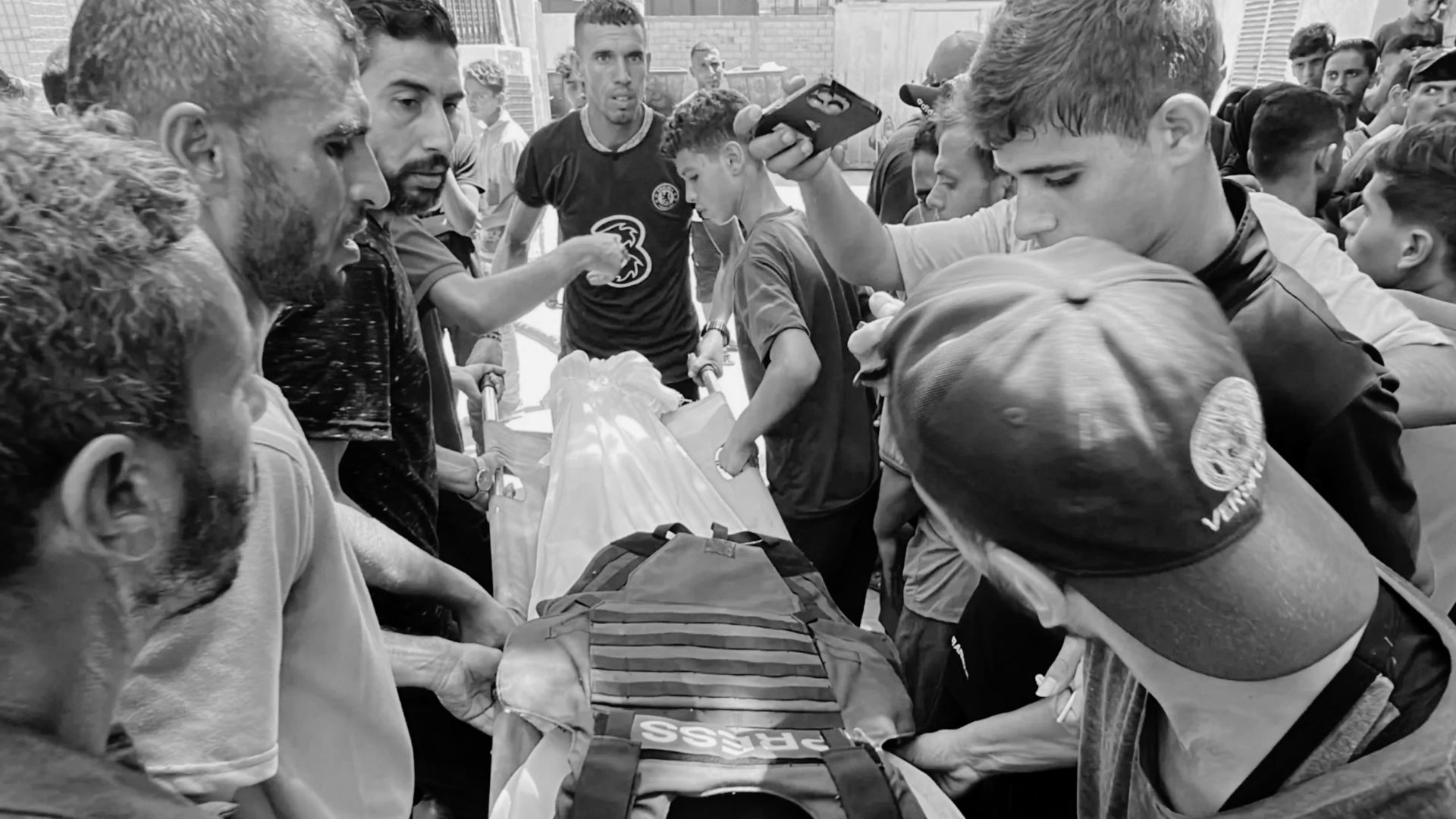
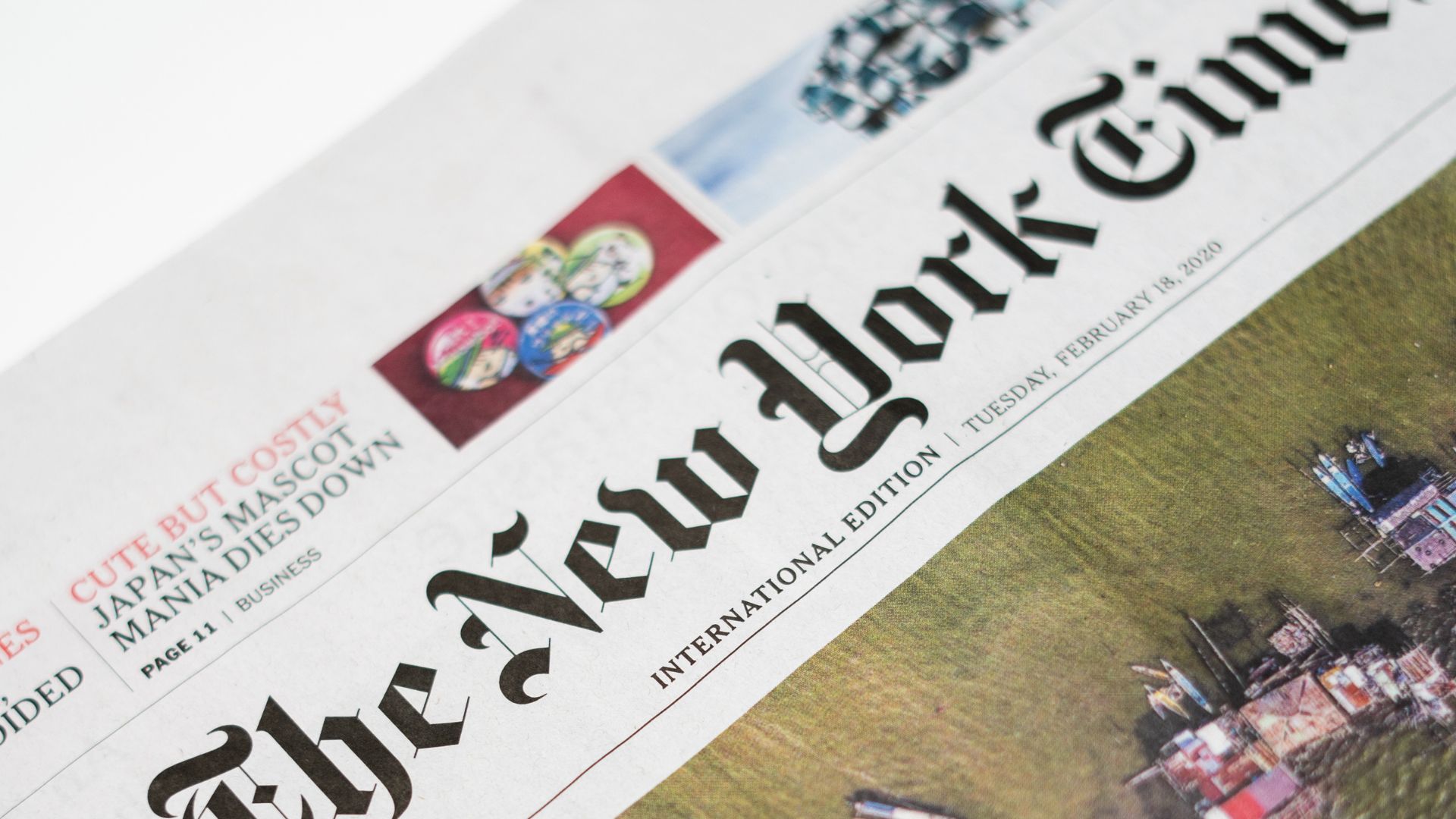
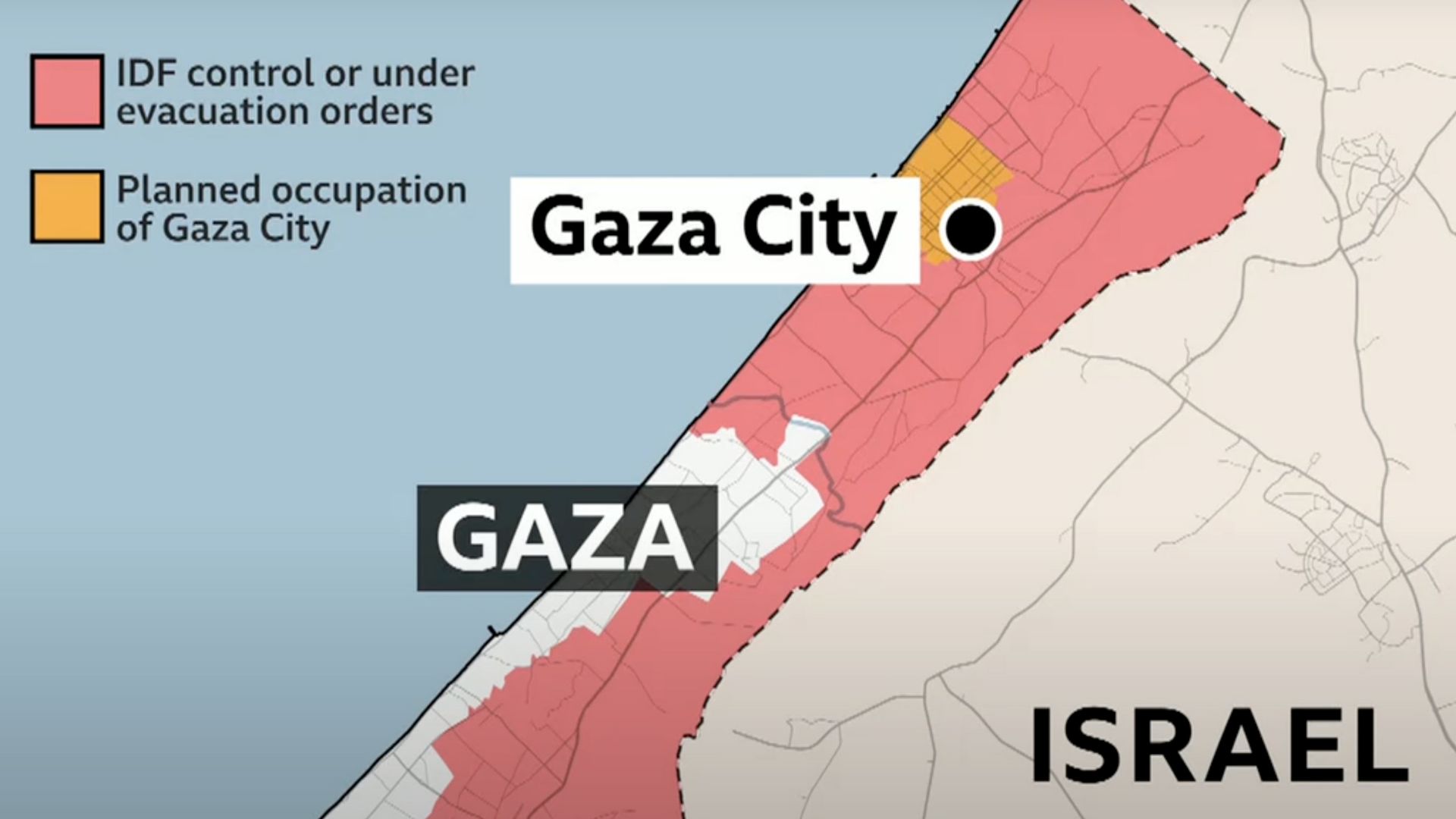
Comments
No comments yet. Be the first to comment!